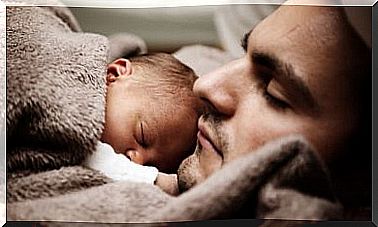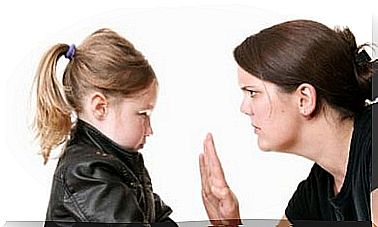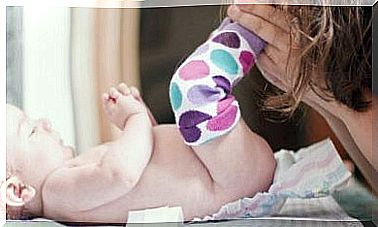What Do I Do If My Child Is Aggressive Towards Me?
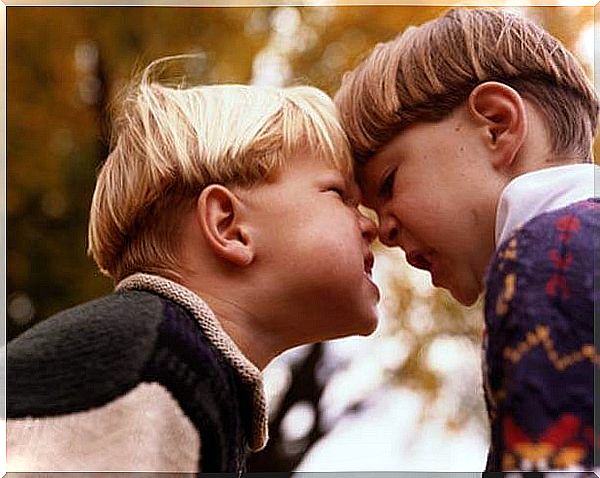
What do I do if my child is aggressive towards me? You wonder… According to articles published in specialized psychology portals, there is no common point in the definition of aggressiveness.
Thus, aggressiveness is not considered a disorder (it is not as such in any diagnostic classification), but rather an inappropriate behavior that is often linked to certain disorders.
Among the experts’ conclusions, different definitions are highlighted, such as intentionality, the way it is produced, the result achieved, etc.
However, aggressive behavior is normal at certain periods of child development. The aggressiveness called manipulative is linked to growth and fulfills an adaptive function.
There are also studies, such as the one by Sanson, Smart, Prior and Oberklaid, done in 1993, that affirm that aggressive and hyperactive babies at 4 months are more problematic than older children who are also aggressive and hyperactive.
The differences are accentuated with age when the “baby” stage is left behind. 8-year-olds are the group most negatively remembered by their mothers, with more difficulties in adapting and school problems.
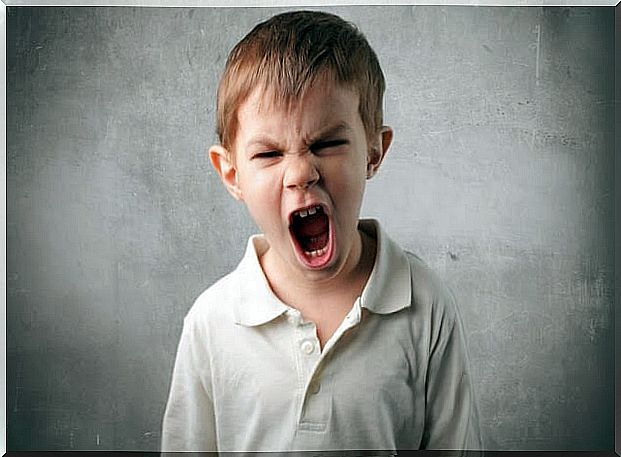
What factors influence the child to be aggressive
Reyna Quero, who specializes in therapy and deals with problems with children and adolescents, specifies that the origin of an aggressive young person does not depend on a single factor, but on several.
At first, it clarifies that the human being is formed by different areas, such as “language, affective, living with others and cognitive or thought, and in this sense we know that a violent child has problems in the social and emotional spheres”.
On occasion, this type of behavior can be motivated by a child’s need to draw the attention of the adult or even other children.
This would be a clear indication of problems with regard to social relationships, says Teresa Cruz Madrid, a psychologist and specialist in training.
Children experience frustrations, but unlike adults they don’t have the tools to express them. That’s why your way of doing it is through that kind of impulse, according to one article.
“We must suggest, support and encourage attitudes of security and self-confidence in our children. If, on the contrary, we constantly criticize their behavior, what we will do is isolate them and make them feel that they cannot turn to us in a situation of this type”, advises Teresa Cruz Madrid.
It is necessary to guide them and show the disapproval of adults in relation to this type of behavior so that they realize that they will not be able to achieve their goals along this path.
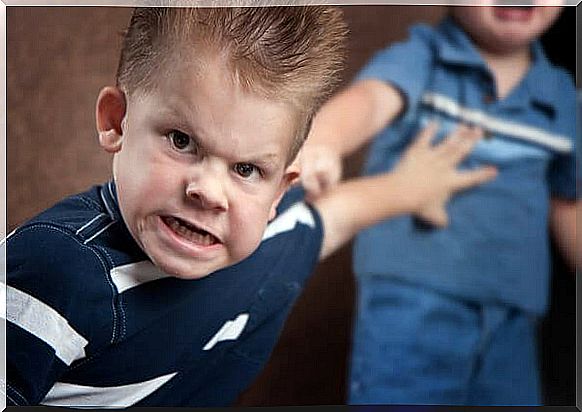
What to do if your child is aggressive
For many children, it is recommended to look for activities that release energy, such as martial arts.
That’s because it’s a way to learn to channel all your aggression, in addition to learning that violence is not the solution to solve problems.
If the child has undergone some important change in his/her life, such as the loss of loved ones, moving to another city, or anything new that has altered his/her routine, it is possible that this could provoke this type of behavior.
In any case, if the situation does not change or starts to get worse, the ideal is to look for a psychologist so that the professional can study the child’s situation.
When a child insults or hits his parents, he has probably acted the same way before with his peers, whether they are schoolmates, siblings or neighbors of the same age.
“Those who become the first victims are the most vulnerable: shy, anxious, inhibited, insecure children, who do not know how to defend themselves and establish interpersonal relationships, children of passive temperament”, specifies Dr. Quero Vásquez.
Among the alternatives you can implement to help your child control his aggression, we can mention:
- Stimulate dialogue, not imposition or monologues.
- Play with the children, as this eliminates friction and creates cordial bonds of sympathy.
- Strengthen relationships through spontaneous acts such as a kiss, a hug or phrases such as “How good you are at this”, “You are a good son” or “I trust you”.
- It is also worth rewarding the child’s improvement with sweets, money or games. However, the material should not be encouraged more than the emotional.
- Avoid punishments and spankings, and always give preference to respect.
- Saying “yes” when there is no reason to say “no”, and sometimes saying “no” so that the child can learn to negotiate without crying or throwing tantrums.



